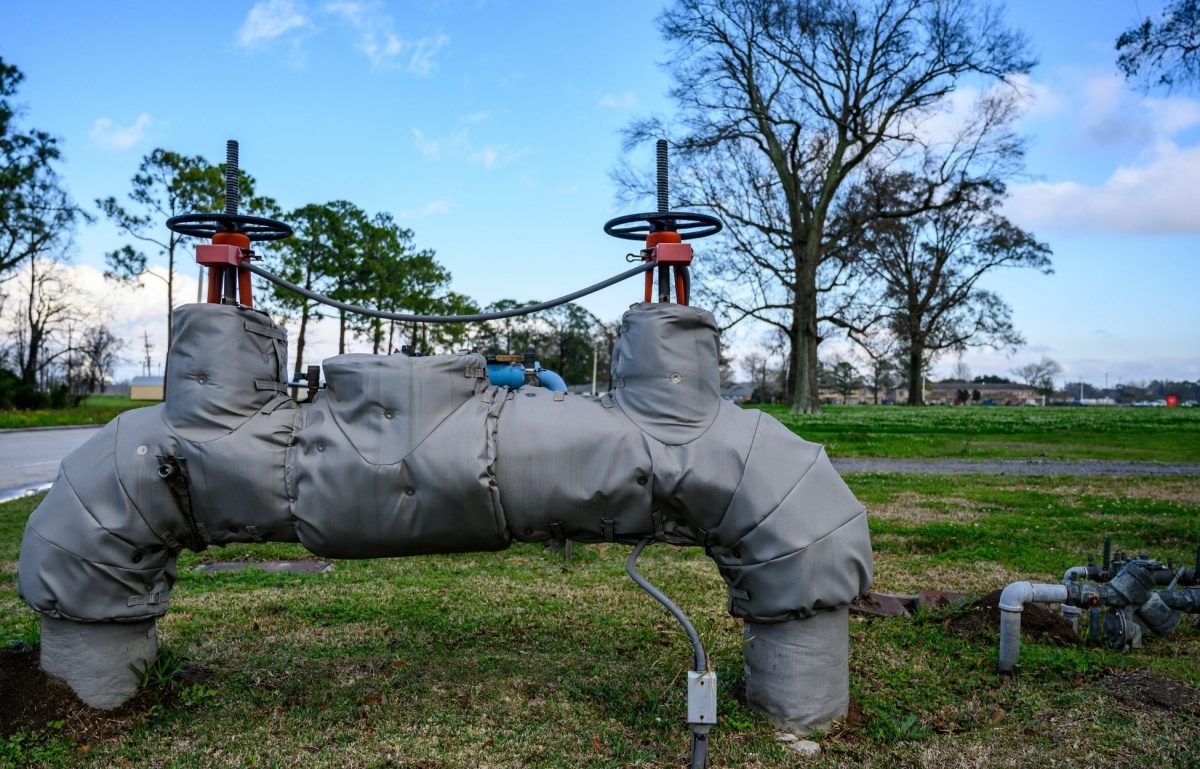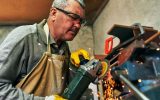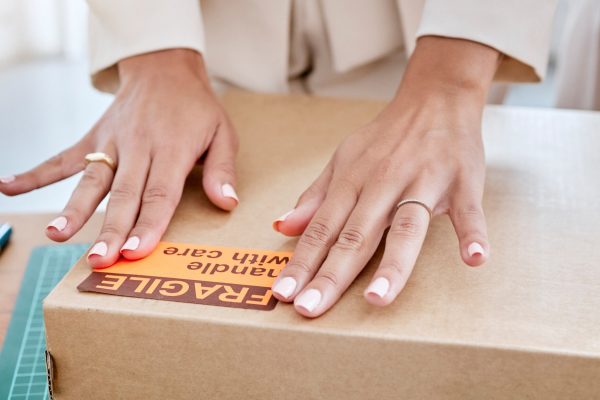Backflow preventers are necessary devices to stop water contamination. They’re required by law for many different industries. But how do you know if your industry requires a backflow preventer? Could you be breaking the law without knowing it? We’ll get rid of the confusion by explaining which industries need backflow preventers.
Understanding Backflow Prevention
You may not be sure what backflow even is, so let’s define it. Simply put, backflow is liquid flowing in the opposite direction that you need it.
Backflow can occur wherever there’s a pressurized water system. That’s true for sprinklers, hoses, fire service lines, and so many other areas. For these water systems, the goal is for the water to flow in one direction only. For instance, a fire hose wants the water to flow out of the hose and not back inside.
Changes in Pressure
Changes in pressure make this next to impossible. Whenever the pressure lets up, the water can flow backward. That’s terrible news, as this water is now contaminated from outside sources. If the water reaches your potable water supply, it can spoil it. Common contaminants from backflow include:
- Bacteria
- Chemicals from plastics and soaps
- E.coli
- Sewage
You don’t want any of these contaminants reaching your water supply. That’s why it’s critical to have a backflow prevention device to mitigate backflow. A proper backflow preventer will keep water from flowing backward.
Industries That Require Backflow Preventers
So which type of industries require backflow preventers? Quite a few! In particular, any business or building that has fire lines need backflow preventers. This includes:
- Commercial buildings of three stories or taller
- Apartment buildings
- Firefighter stations
Not only that, but any industry that uses a water line needs a backflow preventer.
- Car washes need backflow preventers due to the complex water systems they use.
- Restaurants also require backflow preventers. Any kitchen or dish pit will have water lines, hoses, and water systems. As a result, they need functioning backflow preventers according to the law.
- Beauty salons are another business that requires backflow prevention devices. That’s because they wash clients’ hair using water lines and spray guns. These use pressure to disperse water, which means they need backflow prevention systems.
If you’re still unsure which industries need backflow preventers, a general rule of thumb is if your company uses water, then you need backflow preventers. It’s also critical to perform annual testing on your backflow prevention units. That way, you make sure that they’re working correctly and aren’t malfunctioning.













